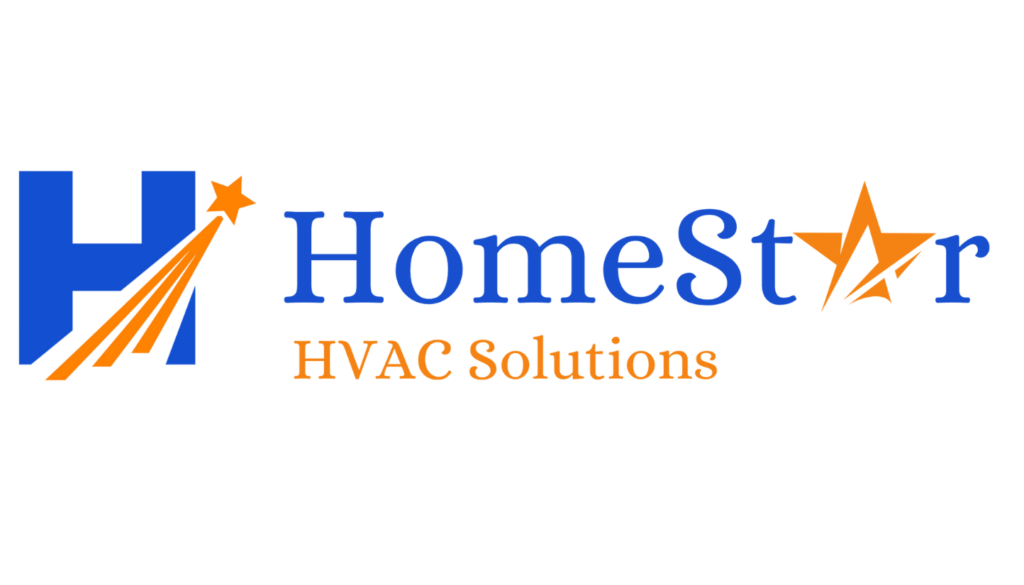Understanding HVAC Systems
HVAC, an acronym for Heating, Ventilation, and Air Conditioning, encompasses the systems responsible for maintaining the thermal comfort and air quality within modern homes. These systems are crucial for providing a comfortable living environment and ensuring the health and well-being of occupants. HVAC systems are composed of several essential components, including heating units like furnaces or heat pumps, ventilation systems that facilitate air circulation and purification, and air conditioning units that regulate indoor temperatures during warmer months.
There are various types of HVAC systems available, each tailored to different needs and preferences. Central HVAC systems are the most common and involve a network of ducts to distribute air throughout the home. These systems are known for their efficiency and ability to maintain consistent temperatures across multiple rooms. However, they require significant initial installation investment and regular maintenance to ensure optimal performance.
Ductless mini-split systems offer a more flexible solution, particularly for homes without existing ductwork. These systems consist of an outdoor compressor unit and one or more indoor air handling units, connected by a conduit. They provide targeted heating and cooling, making them ideal for individual rooms or zones. The primary benefits of ductless mini-split systems include energy efficiency, ease of installation, and the ability to control temperatures independently in different areas. However, the upfront costs can be higher compared to window units.
Window units are a more budget-friendly option for smaller spaces or single rooms. These self-contained systems fit within a window frame and are relatively easy to install. While they provide a cost-effective solution for cooling and sometimes heating, their efficiency and capacity are limited compared to central or mini-split systems. Additionally, window units can obstruct views and reduce natural light.
HVAC systems play a vital role in maintaining indoor air quality and comfort. Proper ventilation is essential for removing pollutants, allergens, and excess moisture from the indoor environment. Furthermore, well-maintained HVAC systems contribute to energy efficiency and cost savings by optimizing the consumption of energy resources. Investing in an efficient HVAC system not only enhances comfort but also promotes a healthier, more sustainable living space.
Choosing the Right HVAC Solution for Your Home
Selecting the appropriate HVAC solution for your home is critical to ensuring comfort, efficiency, and cost-effectiveness. The first factor homeowners should consider is the size of their home. A system that is too small will struggle to maintain the desired temperature, while one that is too large will cycle on and off frequently, leading to inefficient energy use and increased wear and tear.
The climate of your region also plays a significant role in determining the right HVAC system. Homes in colder climates may require a robust heating system, such as a furnace or heat pump, whereas those in warmer regions might prioritize effective air conditioning. Dual systems that offer both heating and cooling can be beneficial in regions with varying temperatures throughout the year.
Budget constraints are another crucial consideration. While initial costs are important, it is equally essential to evaluate the long-term operating costs of the system. Investing in a high-efficiency HVAC system can result in significant energy savings over time. Energy efficiency ratings, such as the SEER (Seasonal Energy Efficiency Ratio) for cooling and the HSPF (Heating Seasonal Performance Factor) for heating, provide valuable insights into the efficiency of a system. Higher SEER and HSPF ratings indicate better energy performance.
Professional installation is vital for the optimal performance of your HVAC system. Incorrect installation can lead to reduced efficiency, frequent repairs, and a shorter system lifespan. It is advisable to hire certified HVAC technicians to handle the installation and ensure it meets all safety and efficiency standards.
Regular maintenance is equally important to keep your HVAC system running smoothly. Scheduled inspections and tune-ups can prevent unexpected breakdowns and extend the life of your equipment.
Modern advancements in HVAC technology, such as smart thermostats and zoned heating and cooling, have transformed the way we manage home comfort. Smart thermostats allow for remote control and programming, optimizing energy use based on your schedule. Zoned systems enable different areas of your home to be heated or cooled independently, enhancing comfort and reducing energy waste.
By considering these factors and leveraging the latest HVAC technologies, homeowners can choose a system that meets their specific needs while maximizing efficiency and comfort.
